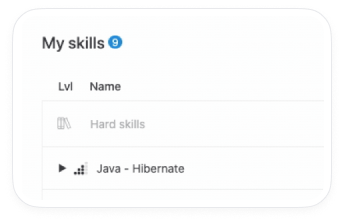Cross-skilling
What is cross-skilling ?
Cross-skilling includes onboarding and training employees in multiple job functions and skillsets.
Why is cross-skilling important?
Human resource management includes cross-skilling as part of the learning and development strategy to:
1) Be better prepared for unexpected workforce shortages by closing skills gaps, stabilizing the workflow, and adding a layer of protection to all key positions
2) Expand employees’ skillsets so employees can be more valuable in their future roles within the organization
3) Improve retention by motivating employees and positioning them for upward career growth
4) Create and strengthen the internal talent pool for filling open positions, helping the organization save money and time that would otherwise be spent on recruiting and training when hiring an employee externally
5) Increase employees’ capacity to provide extra support and balance the workload during hectic times
What is the difference between upskilling and cross-skilling?
Upskilling refers to employees learning additional skills to better perform in their existing roles. For example, providing coding workshops to employees in the programming department is a form of upskilling.
Cross-skilling refers to developing employees’ skills outside their job roles to improve collaboration with other departments. For example, a graphic designer may learn about website development to understand how their work fits the website’s overall theme.





















 info@hrforecast.de
info@hrforecast.de
 +49 89 215384810
+49 89 215384810




